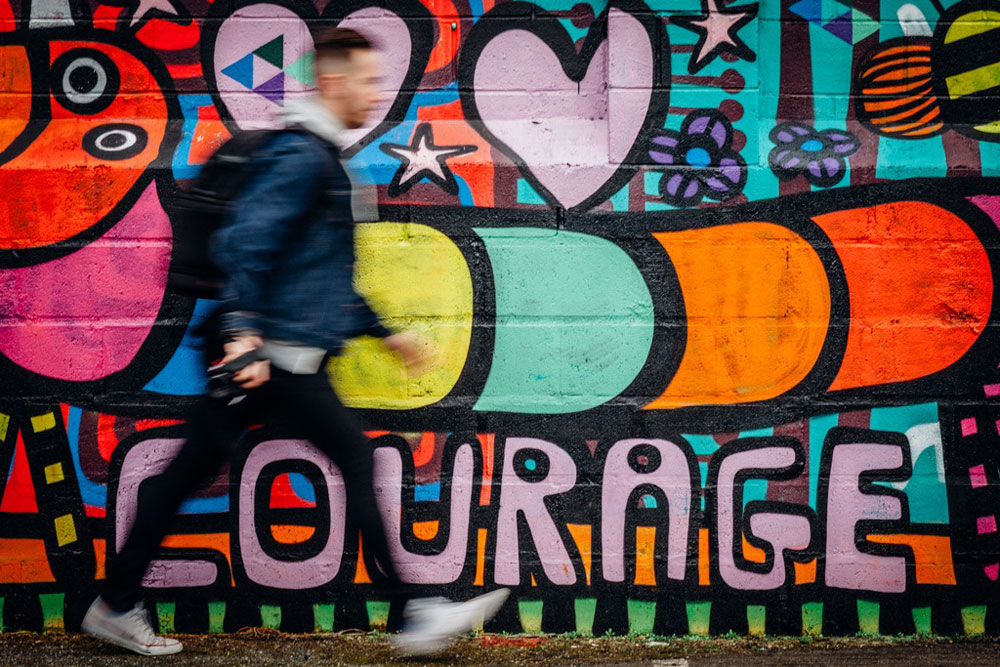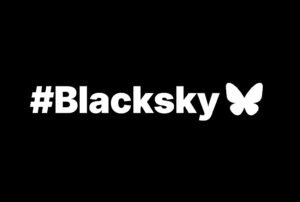
As we were preparing NPQ’s predictions for 2020, we came to realize that though we can see some clear trends extending into the coming year, foretelling the future would be difficult in the face of the past three tumultuous years.
Considering what might belong in a predictive piece, our thoughts immediately went to the upcoming presidential election and the likely intensification of voter suppression efforts. As we all prepare to get out the vote, it’s important to remember our responsibility—as a sector, as organizations, and as individuals—to protect, support, and enable marginalized voices and democratic action. So, in the end, our predictions are less important than our intentions about how we will engage in the coming year.
What we want to note about the year to come is more about the choices we’ll need to make as civil activists. This is no time to sit on high and peer into a crystal ball, but a time to create new alliances, make braver choices, and act.
Donor love from Melissa Stone, who gave NPQ $50: “This is one of the most important publishing venues in the field and has consistently contributed in critical ways to its development.” And from Judy Levine who gave $100, “NPQ uncovers and furthers the change we want to see. Thank you.” Please help NPQ raise the rest of its match today. We have matches for as much as $10,000 in hand.
Our first note is clichéd but timely: Silence and inaction read as tacit approval. This principle is especially important during threats of nationalist, authoritarian rule that depend upon divisiveness and the purposeful “othering” of swaths of our neighbors. That said, for many, even in liberal regimes, it has long been dangerous to speak out, with a “go along to get along” mentality required that amounts to a kind of cultural genocide. We must resist divisiveness in ways that explicitly affirm real equity.
We have all been blessed by the emergence of “The Squad”—those women of color now serving in national and local political leadership who have stepped forward to speak aloud honestly, weathering barbs for daring to do so. They have resisted attempts to quiet them or neutralize their messages, and that requires a reciprocal level of bravery and leadership (and “followership”) from the rest of us.
The same goes for the young people on the front lines against gun violence and the climate crisis, and the Native and Indigenous people who have been targeted for imprisonment and murder for their activism on behalf of the planet. Allowing others to fight for global justice unprotected is not supportable.
Donor love from Rob Meiksins: “As a newswire writer for the past few years, my appreciation for what NPQ offers has only grown. It is an invaluable resource for our sector.” Please join Rob with your own donation today, and your dollars will be doubled.
Sign up for our free newsletters
Subscribe to NPQ's newsletters to have our top stories delivered directly to your inbox.
By signing up, you agree to our privacy policy and terms of use, and to receive messages from NPQ and our partners.
A second note can be encapsulated with an admonition from Douglas Rushkoff: “Program or be programmed!” In an essay in the Guardian, he writes:
We have surrendered to digital platforms that look at human individuality and variance as “noise” to be corrected, rather than signal to be cherished. Our leading technologists increasingly see human beings as a problem, and technology as the solution—and they use our behavior on their platforms as evidence of our essentially flawed nature…
But the digital media environment could be helping us reconnect to local reality and terra firma. This is one of its potential breaks from media environments of the past. In the digital environment, we have the opportunity to remember who we really are and how to take responsibility for our world. Here, we are not just passive consumers; we are active citizens and more. That’s the real power of a distributed network: it is not centrally controlled, but locally generated.
Thus, we must actively reshape the narratives that inform our work, creating a new set of standards for our shared future. How do we act, both individually and collectively, to change our lives, organizations, and networks for the better? For many leaders and organizations, this is new practice. It will be hard work.
Donor love from Jacqui Lindsay, upon giving $1000: “I’m giving for the incredible leadership that Ruth McCambridge, Cyndi Suarez, and others have contributed to keeping our democracy strong..” And from Rakiba Kibria, “Thanks, Steve, for all you do!” Please help us enter 2020 with confidence. Give to support NPQ today and your donations will be doubled.
If we want to see government and business act in ways that are accountable to a just and sustainable future, nonprofits and philanthropy must come to terms with the fact that justice begins at home, in the institutions they lead.
We need to form nonprofit and movement systems that practice in new ways, ones that acknowledge and address the power differentials that systematically exclude. This requires us to understand that charity, patronage, and colonization are deeply intertwined. We must examine our own longstanding management and governance structures to see how they replicate and support the ideology and mechanics of elitism and white supremacy. We all have to set our tables differently with a new, more inclusive array of thought leaders at every level, bringing new perspectives, networks, commitments, and frameworks of analysis to the sector.












